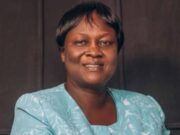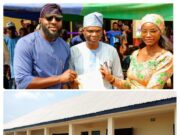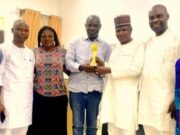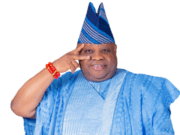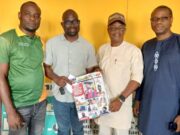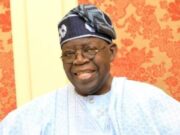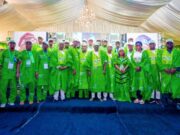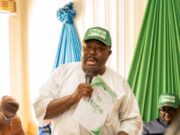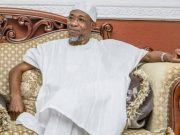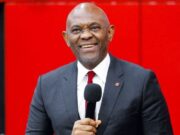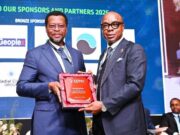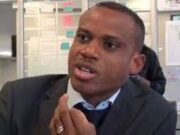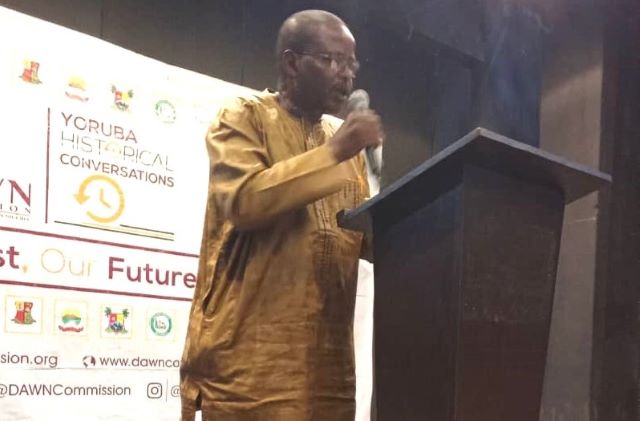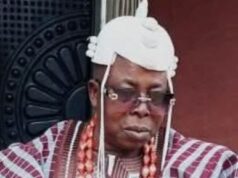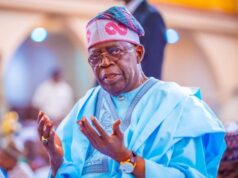A professor of History at the University of Ibadan, Olutayo Adesina, has urged Yoruba elites to take decisive action to address the growing socio-economic challenges facing the region, warning that continued indifference could endanger its future stability and development.
Delivering a lecture titled “Contemporary Yoruba Elites and the Bystander Effect,” at a public event organised by the Development Agenda for Western Nigeria (DAWN) Commission in partnership with the Institute of African Studies, University of Ibadan, Adesina called for home-grown solutions to secure a prosperous future for the Yoruba people.
The event, held at the Wole Soyinka Theatre, brought together scholars, policymakers, students, and cultural stakeholders to reflect on Yoruba heritage and its role in regional development.
Prof. Adesina lamented Nigeria’s deepening economic hardship, the mass migration of young people, and the erosion of public trust in leadership. He cautioned that inaction among Yoruba elites could worsen the country’s fragile state.
“We thought our salvation lay at sea, but now the sea is boiling,” he said, alluding to the tightening immigration policies in Western nations.
He called for a clear, strategic vision for Western Nigeria based on indigenous values, sustainability, and youth empowerment. While commending DAWN’s development blueprint, he urged that it be made more practical and accessible.
“Every Yoruba person should have access to this document. It should be easy to understand, practical, and targeted at real change,” he said.
The historian decried the destruction of sacred and natural landmarks, citing the pollution of the Osun River as an example of neglect.
He contrasted Nigeria’s attitude toward heritage preservation with Brazil’s efforts to celebrate Yoruba spiritual traditions.
“We must begin to protect our natural and cultural resources before they are completely lost,” he warned.
Describing Nigeria’s youth as intelligent, resilient, and globally competitive, Adesina called for urgent investment in job creation and a knowledge-based economy.
“We must wake up and redirect our youth toward sustainable development. At this stage of our national journey, we need a self-sustaining economy that provides opportunities for our children,” he said.
He also expressed concern over political malpractice, particularly the alleged use of forged credentials by some public officials.
“We should no longer allow those who attain high office through forged documents to dictate the future of our youth,” he declared.
Drawing lessons from countries like Israel and China, Adesina questioned the disconnect between Nigerian universities and national development.
“What do our universities teach? What becomes of the knowledge we produce? We have the resilience and can-do spirit; all we need now is the will to act,” he said.
“We must reinvent our society. Let us boost innovation, enhance productivity, and build a future that works for everyone. The time to act is now.”
Speaking at the event, the Director-General of DAWN Commission, Dr. Seye Oyeleye, stressed the need to reconnect the younger generation with their cultural roots while preparing them for the digital future.
“The Yoruba were once a proud people and race. Government made a grave mistake by removing History from the school curriculum. There is no future without history,” Oyeleye stated.
He said the programme aimed to “connect the past with the present and the future” and help young Nigerians understand their identity, heritage, and role in nation-building.
Oyeleye also emphasised educational reforms that combine historical awareness with technology-driven learning.
“The way we teach our children must change. To get ahead today, they must be tech-savvy. We must remove obstacles and create opportunities for them,” he said.
Citing the growing influence of Artificial Intelligence (AI), he urged that foundational subjects like Mathematics be made less intimidating and that school curricula be updated to reflect current realities.
“AI is already changing the way we think. Our education system must catch up,” he added.
He reaffirmed DAWN’s commitment to policies that bridge tradition with transformation, saying: “Our mission is to help the next generation understand who they are, where they come from, and where they are going.”
Credit: guardian.ng








